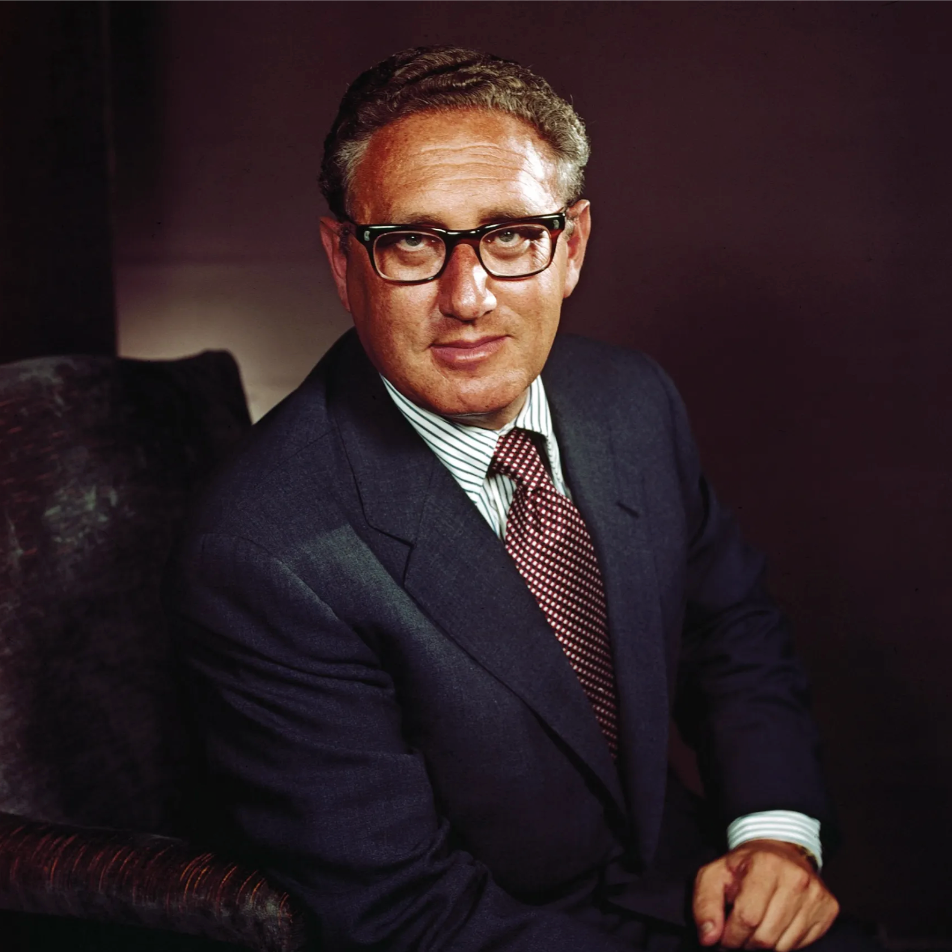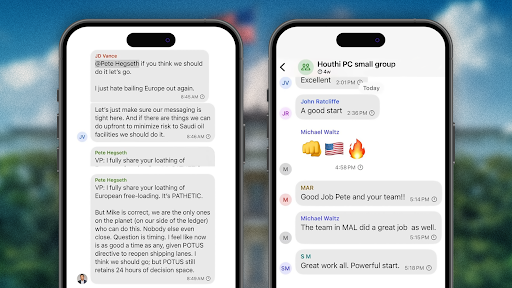Henry Kissinger passed away at the age of 100 on November 29th, 2023, leaving behind an abundance of political influence and world impacts that will not be forgotten. Henry Kissinger is considered one of the most influential politicians in American history because of his numerous contributions to political conflicts between America and other powerful nations. Kissinger was born May 27, 1923 in Fürth, Germany. After becoming a naturalized citizen, Kissinger served in the U.S. Army during World War II and in the postwar U.S. military government of Germany. Following his service, he attended Harvard University, earning a B.A. and P.h.D. He became a teacher at Harvard and earned the title of professor of government in 1962. He later became the director of the Defense Studies Program from 1959 to 1969. In addition, he was a consultant on security matters to various U.S. agencies from 1955 to 1968. His career as a scientific and political leader continued when he became the new advisor to New York Governor Nelson Rockefeller. After his performance in this position, he was appointed by Richard Nixon as assistant for national security affairs and then head of the National Security Council from 1969 to 1975. Later, he became the Secretary of State under the administration of Nixon from September 1973 to January 20, 1977 (Britannica.com).
Kissinger completed many diplomatic achievements, including global powers such as China, the Soviet Union, Vietnam, and the Middle East. Kissinger eased tensions between the Soviet Union and the U.S. during the Cold War. This was referred to as Detente, which paved the way for the Strategic Arms Limitation Talks (SALT), which occurred in 1969. Nixon wanted to establish more allies against the Soviet Union, so he traveled to the People’s Republic of China in 1972 to meet with Mao Zedong, chairman of the Chinese Communist Party. Kissinger organized this meeting, known as a rapprochement. This was considered the first communication between the U.S. and China since the Chinese Communists came into power (Britannica.com).
Kissinger was a big contributor to the settlement of peace in the Vietnam War and because of his efforts, he was awarded the 1973 Nobel Peace Prize (Britannica.com). However, this was an extremely controversial topic because Kissinger lacked transparency while performing these political changes.
He fully supported the U.S. bombing of Cambodia in 1969 to 1970 but then carried out Vietnamization under Richard Nixon, which pulled the U.S. troops out of Vietnam. Kissinger met with Le Duc Tho of North Vietnam to negotiate the peaceful actions, but failed to meet with South Vietnam to approve the peace treaty. Nixon began the approval of a type of warfare called saturation bombing, causing mass devastation and the murder of innocent civilians. This event was officially named “Operation Linebacker II” and is seen as Kissinger and Nixon actively betraying the peace treaty and negotiations discussed with Vietnam. Kissinger was awarded the Nobel Peace Prize for his eventual agreement to peace between Le Duc Tho. The two political figures were given the Nobel Prize together, but Le Duc Tho refused the honor because of the tensions and aftermath of their communication (Zinnedproject.org).
Sophomore Kirsten Seyffer says, “Henry Kissenger was a bad person, who did much more harm than he did good. He may have received the Nobel Peace Prize, but he bombed so many countries, which all have lasting impact today.” His actions are disputed even today because of the weighted consequences created.
Kissinger was also responsible for the reintroduced communications between the U.S. and Egypt after the Arab-Israeli war of 1973. He was given government authority under Ronald Reagan after Richard Nixon resigned in 1974 and this led to Kissinger publishing many books and literary pieces about governmental and political relations (Britannica.com).
According to Ramapo history teacher, Ms. Sibilia, “Henry Kissenger’s legacy is still very much debated and a complicated one. However he had a massive impact on US Cold War policies and Global Affairs, which is still consequently and relevant to American Foreign Policy today.”
Although Kissinger was an exceptionally accomplished individual, the scandalous events and controversies over his actions in government are still talked about and discussed widely because of his influence on world politics.






